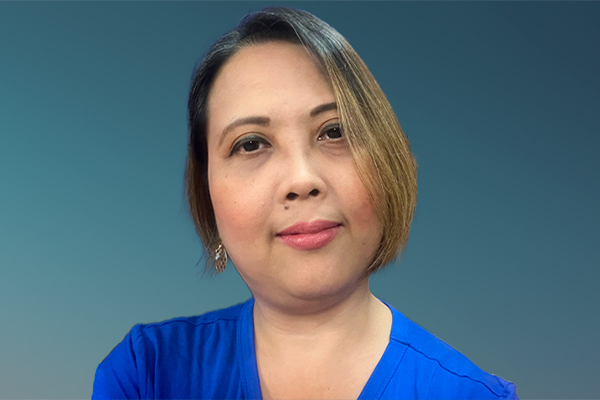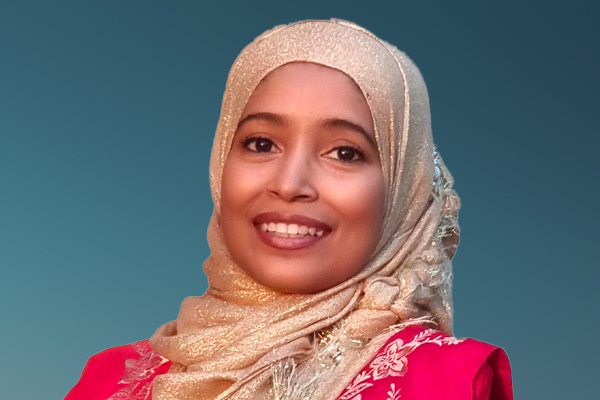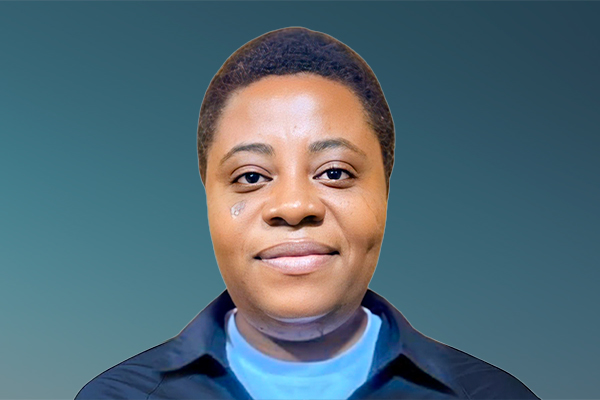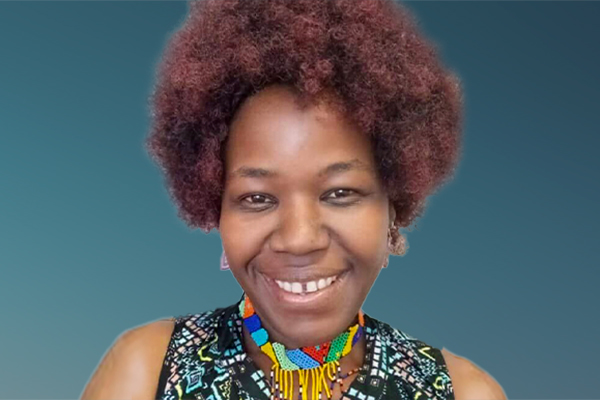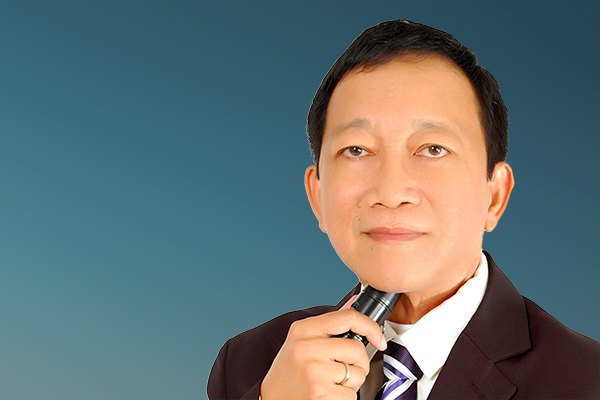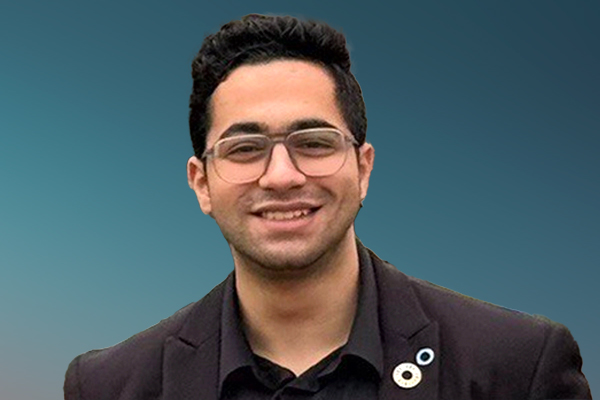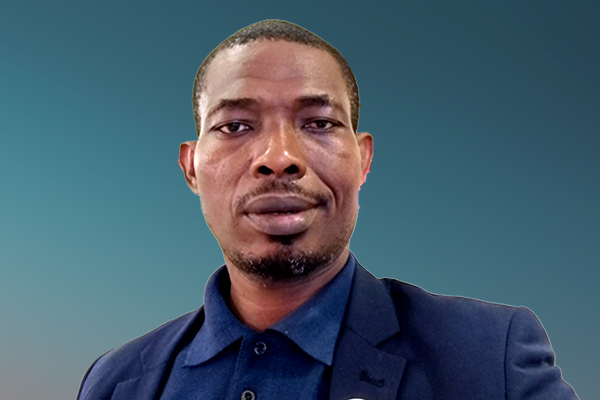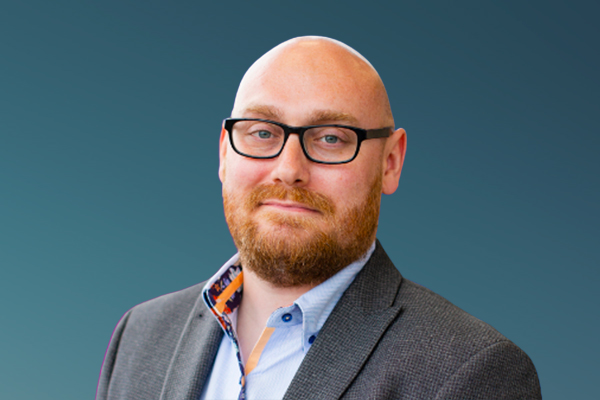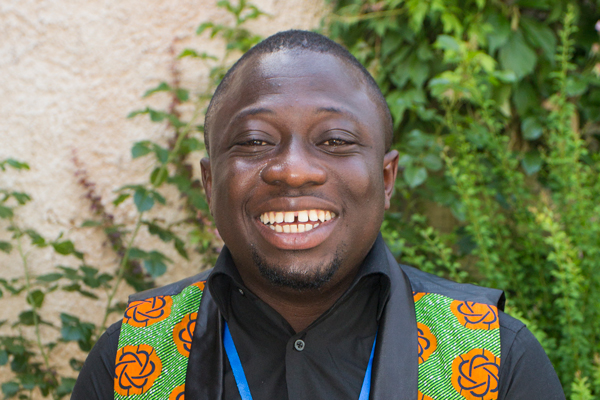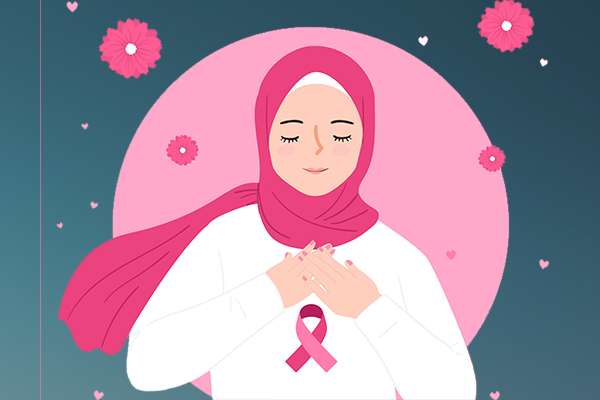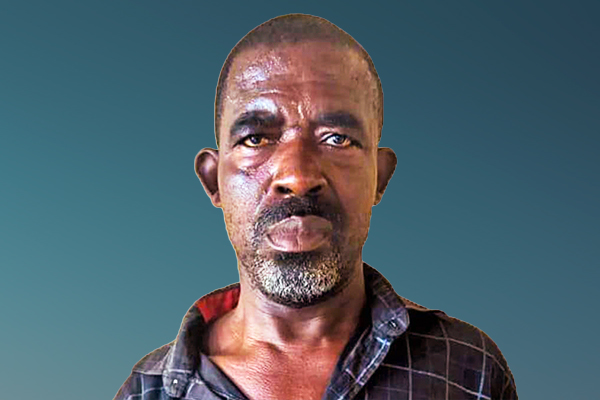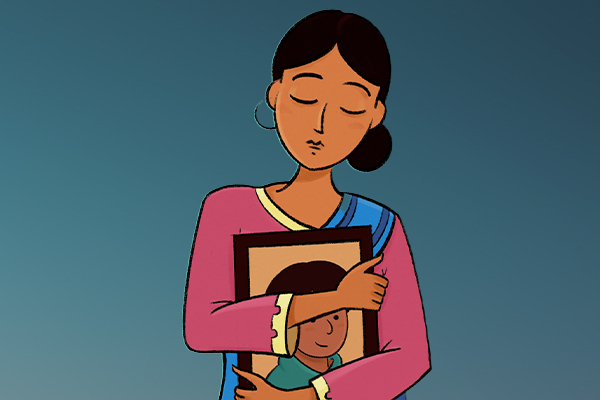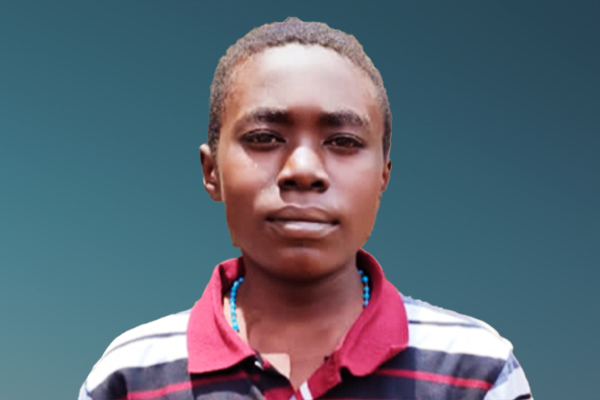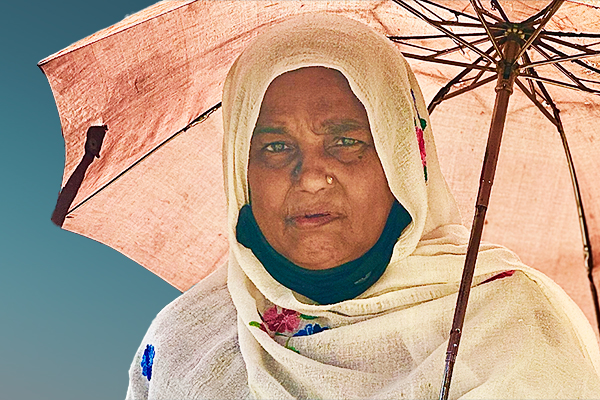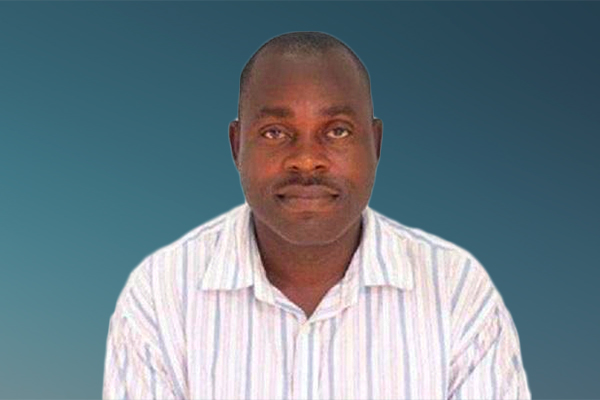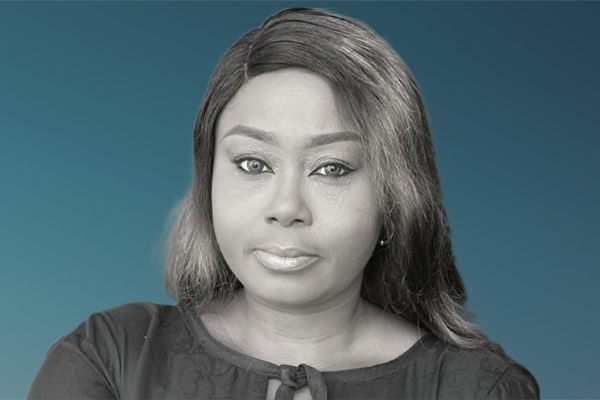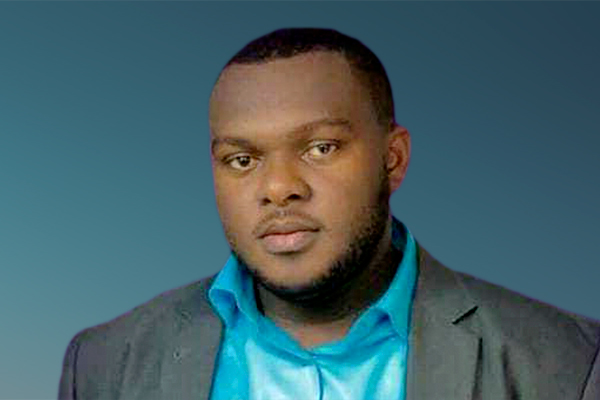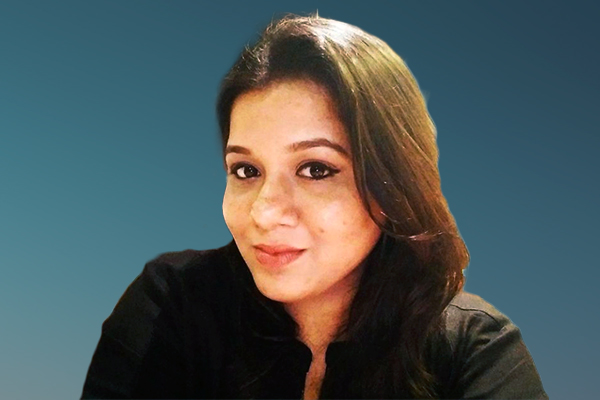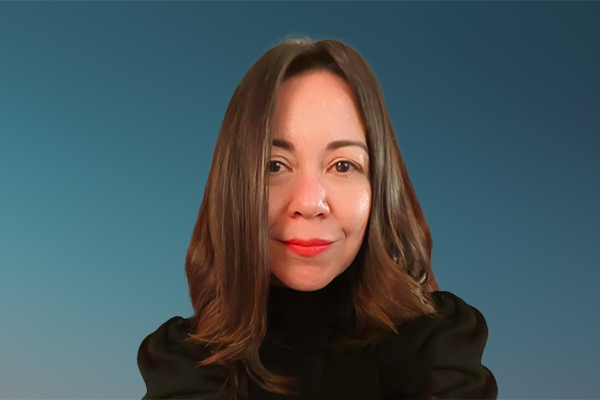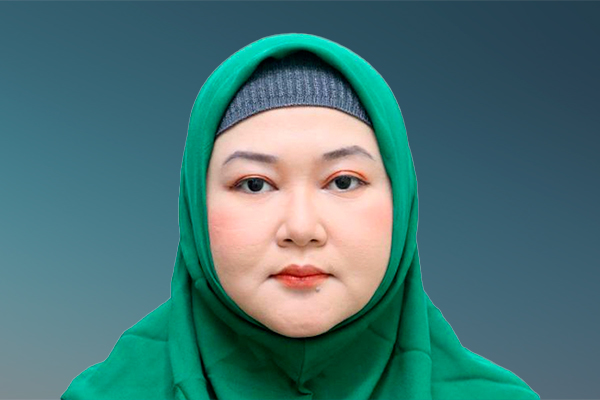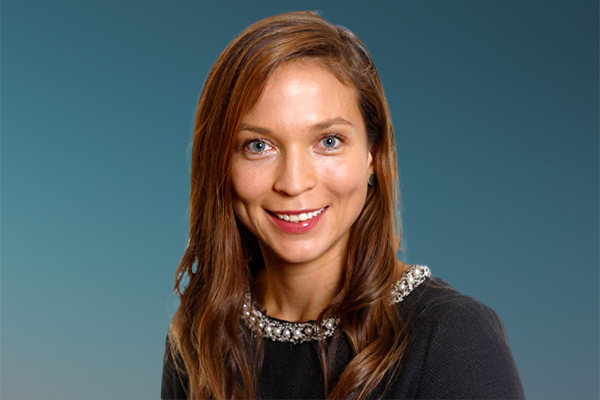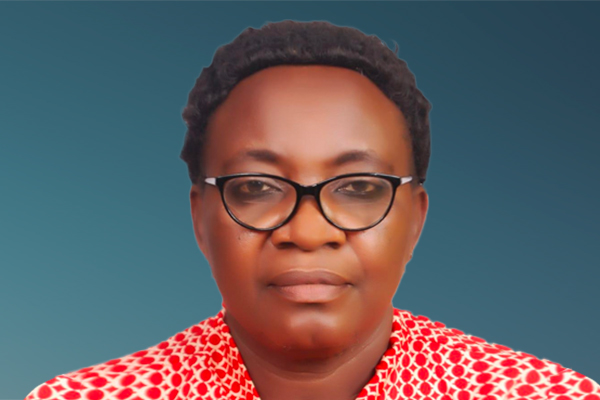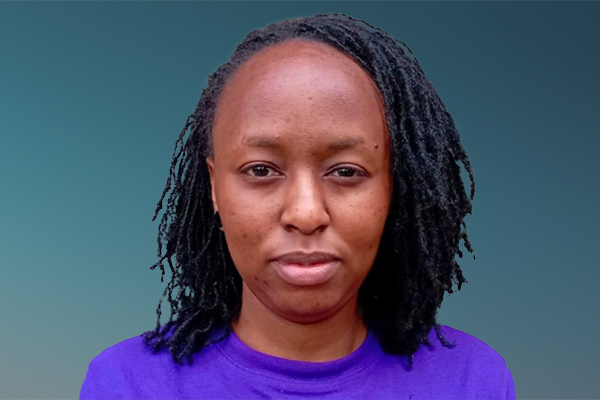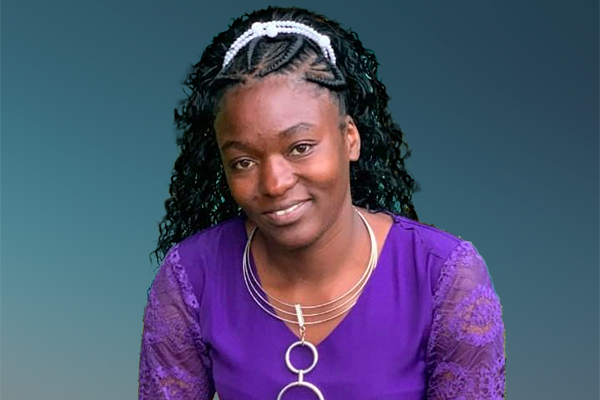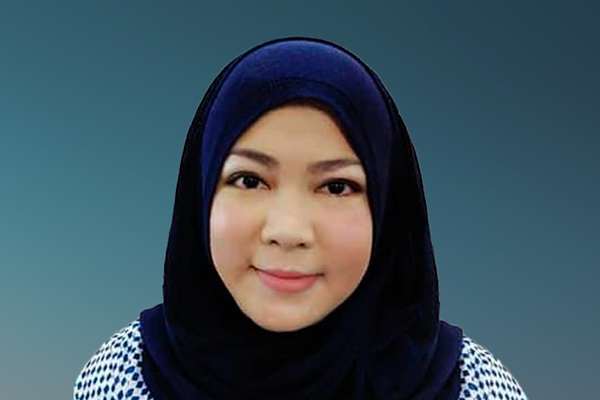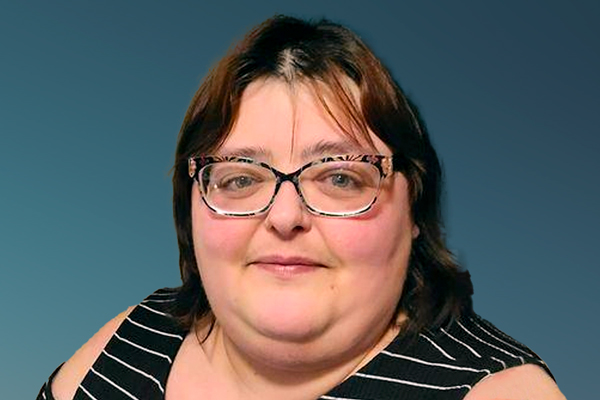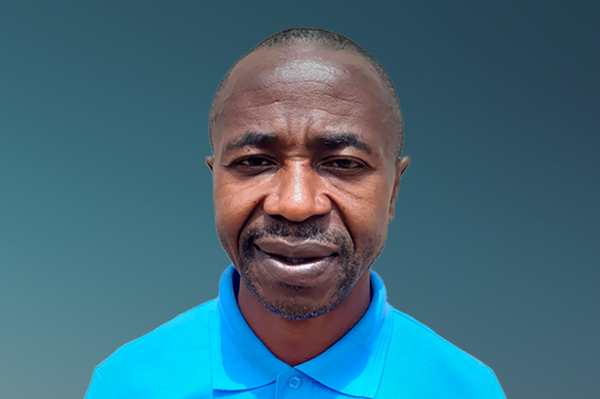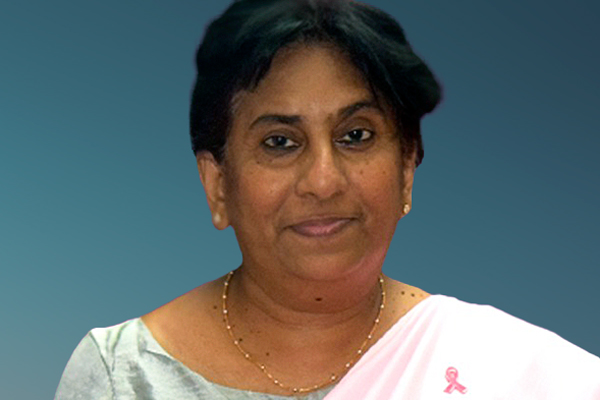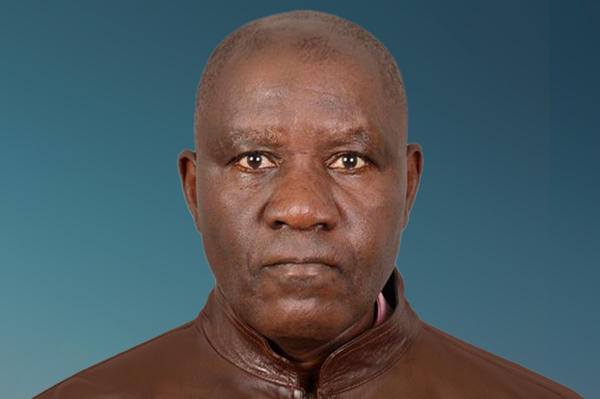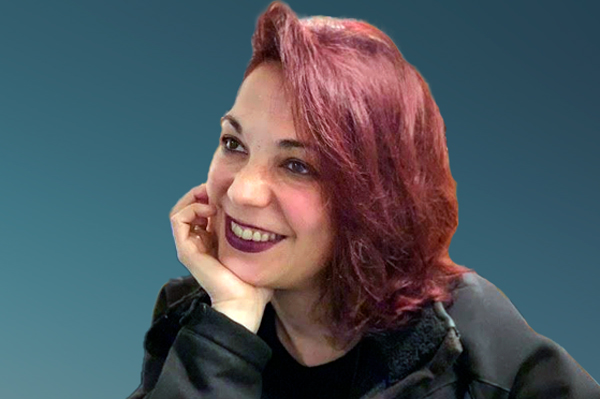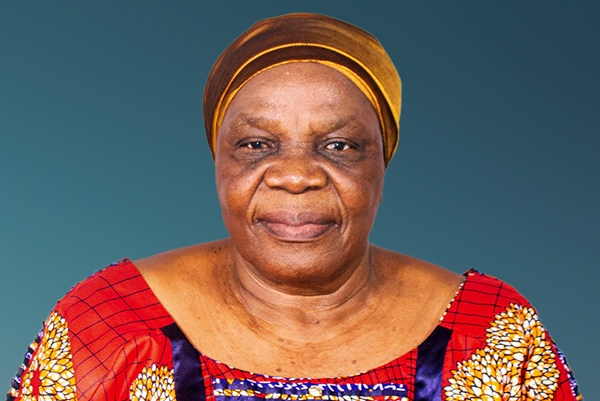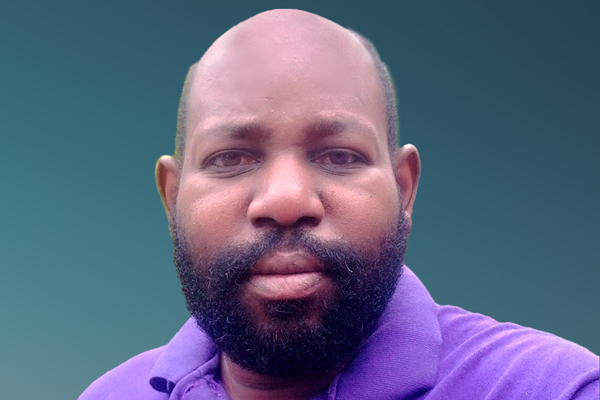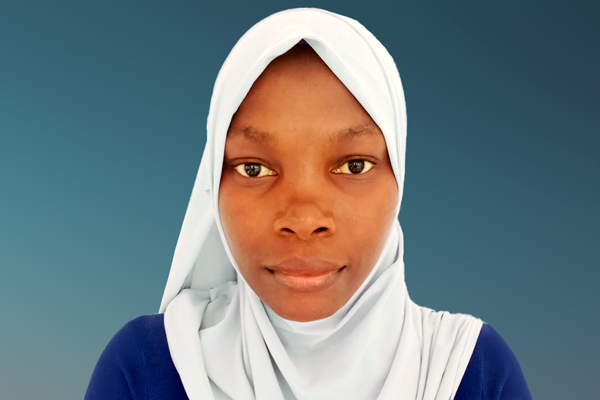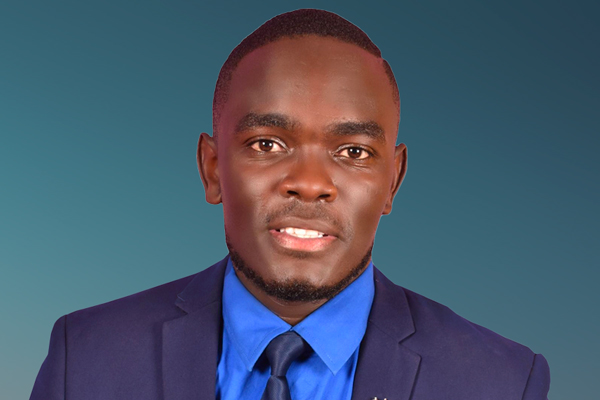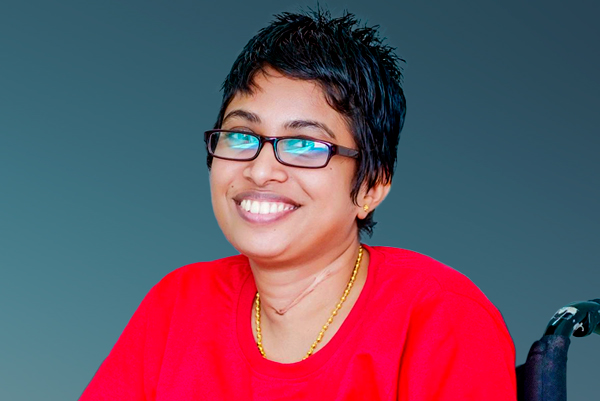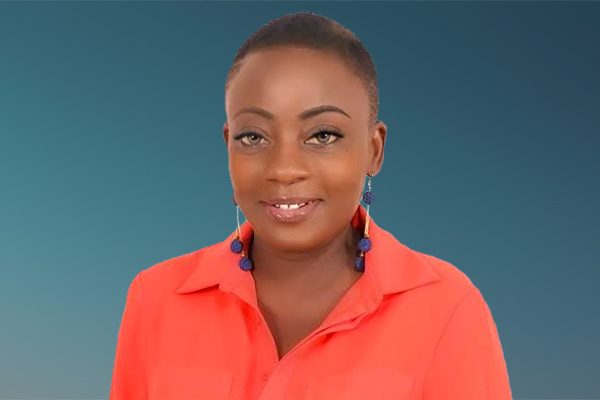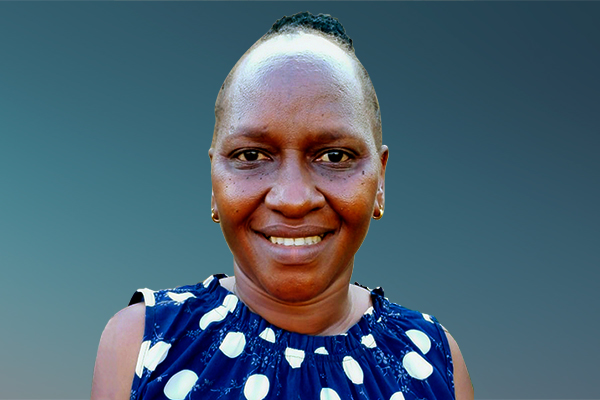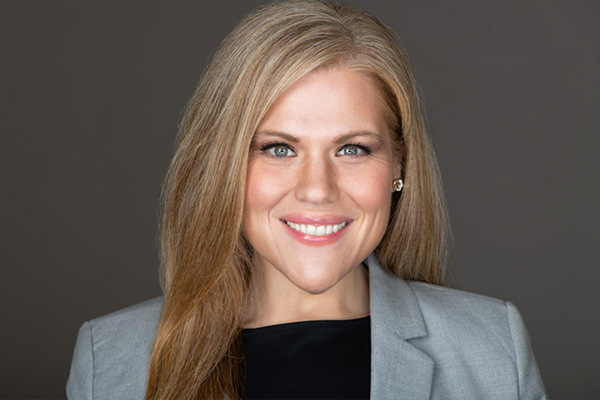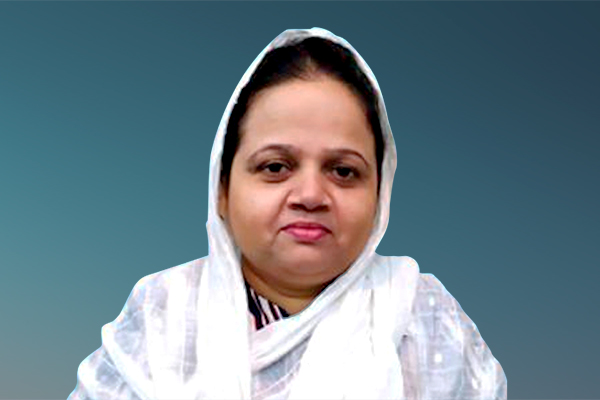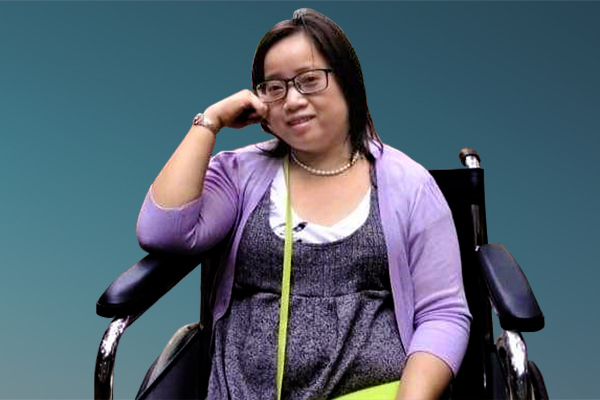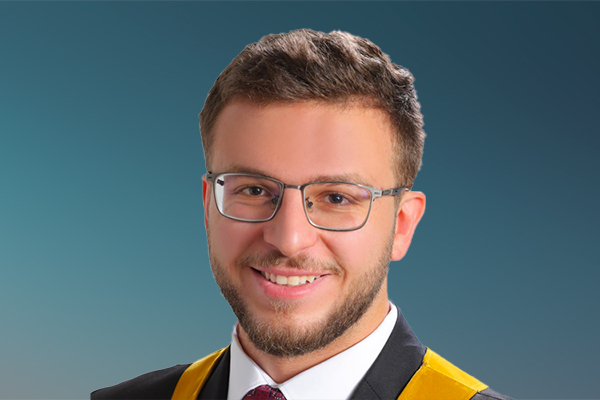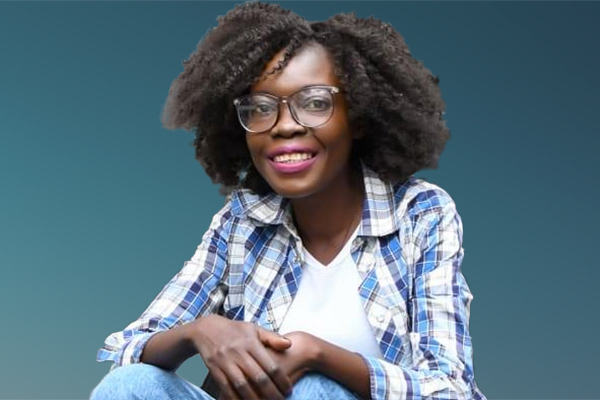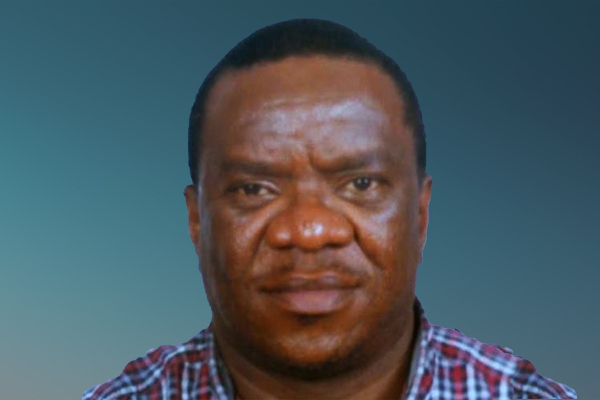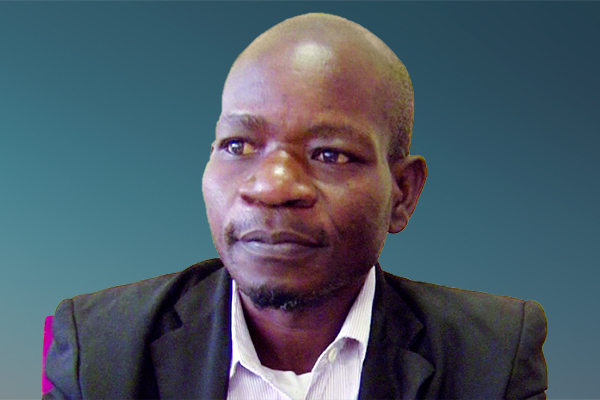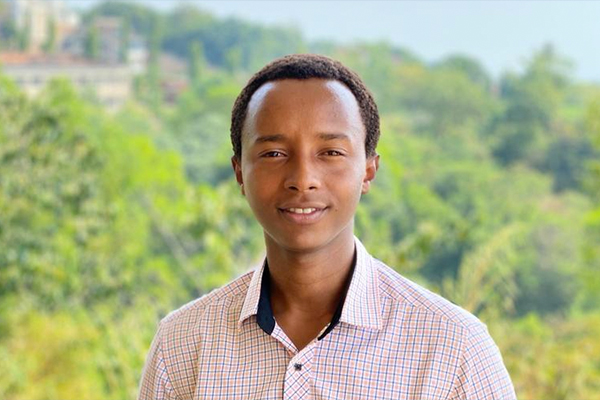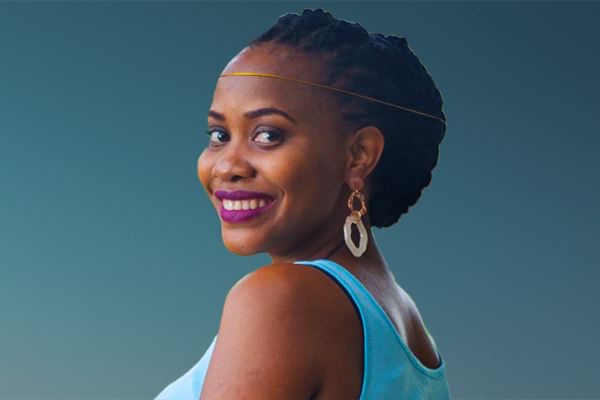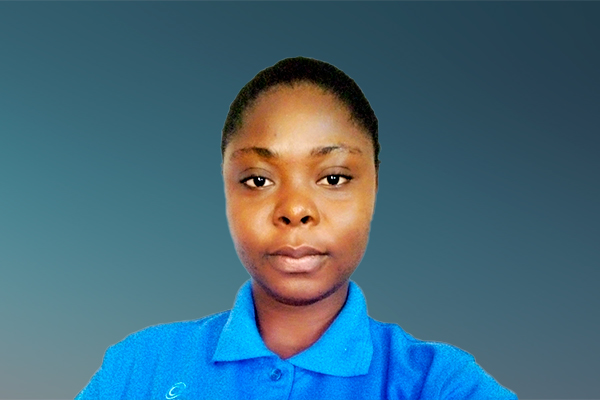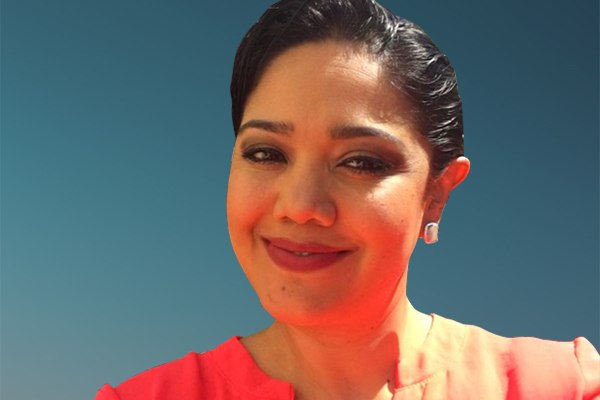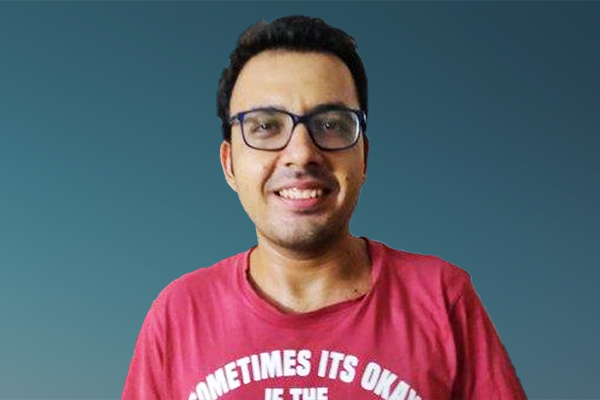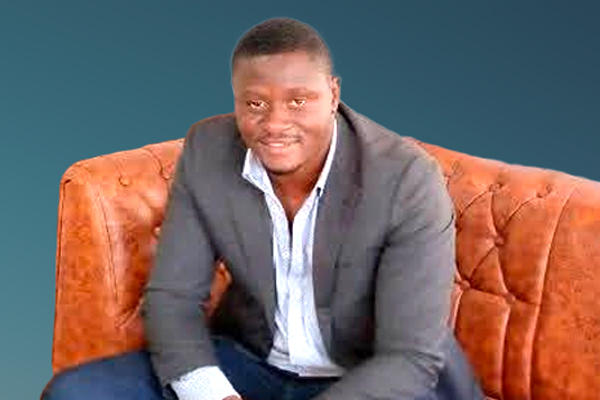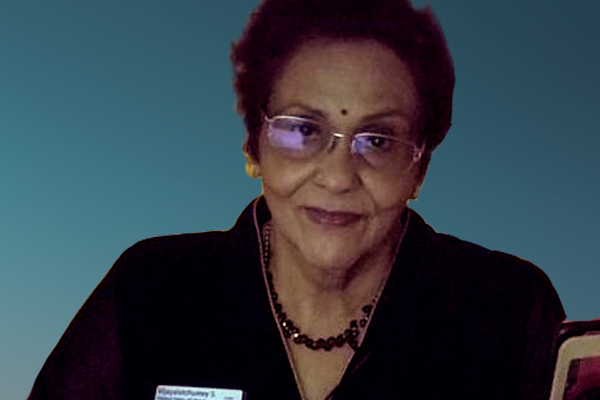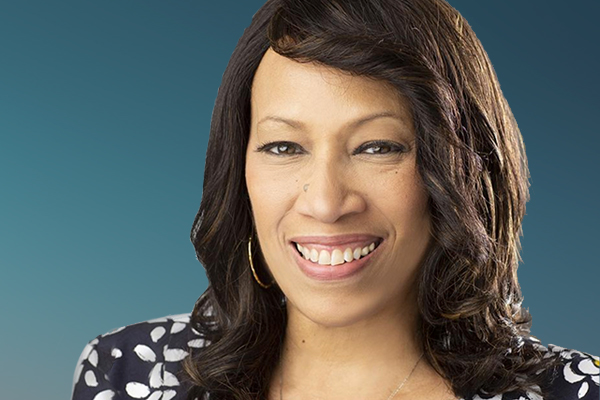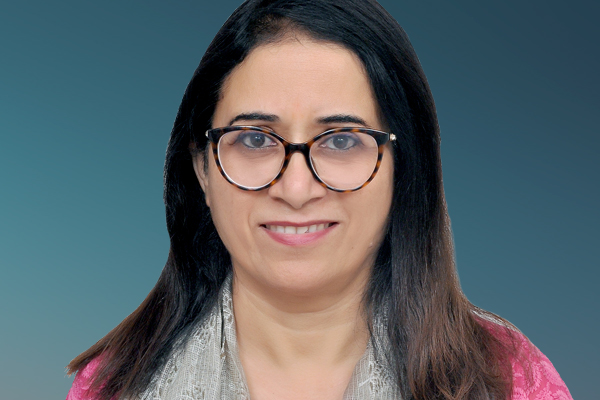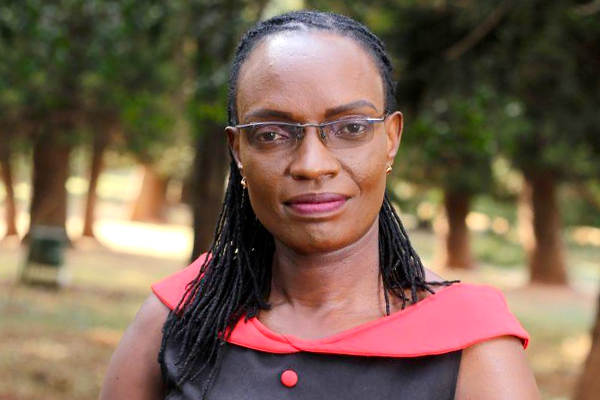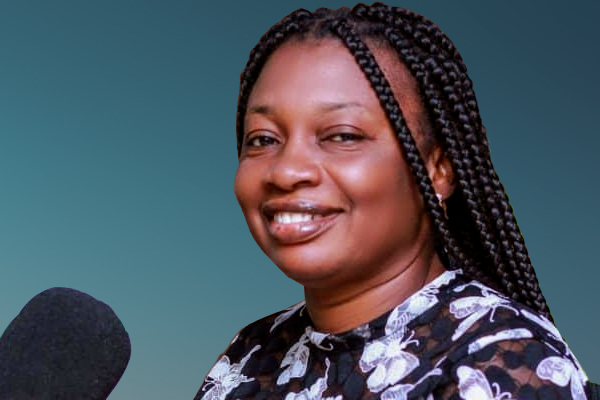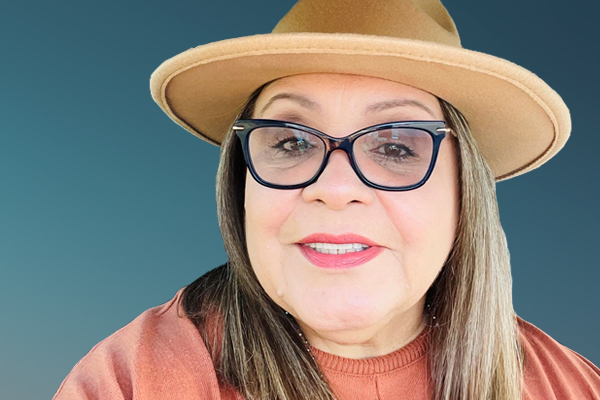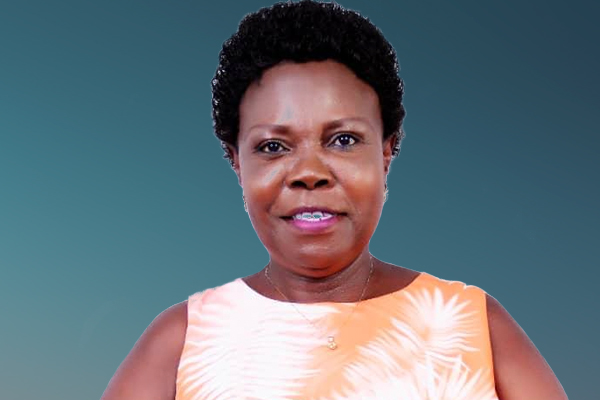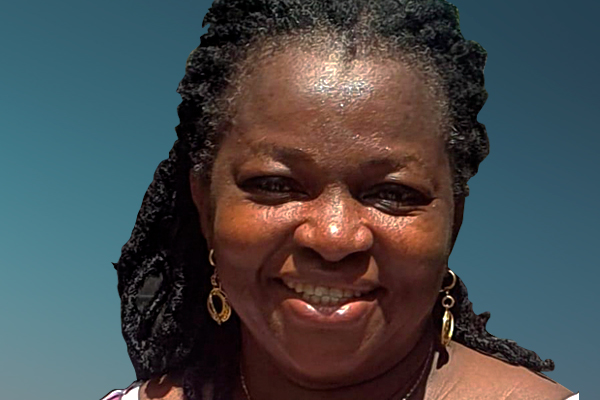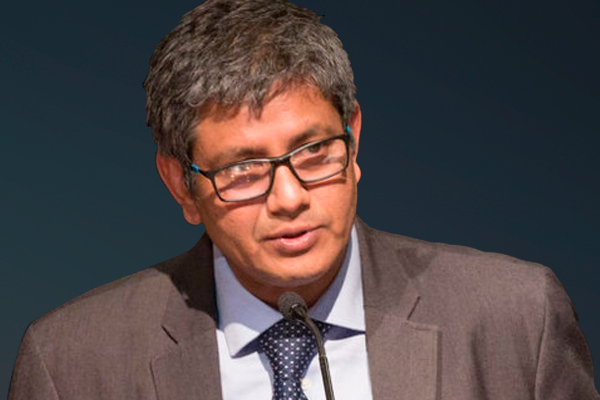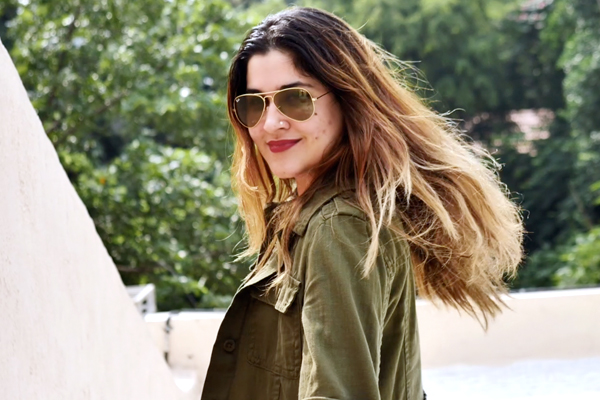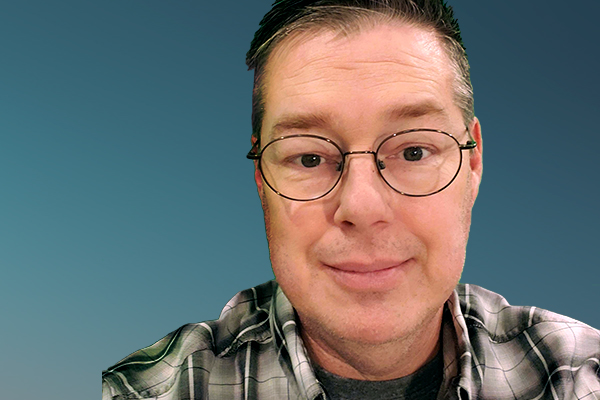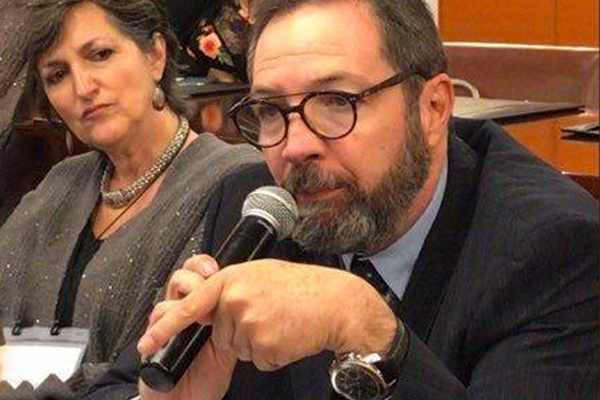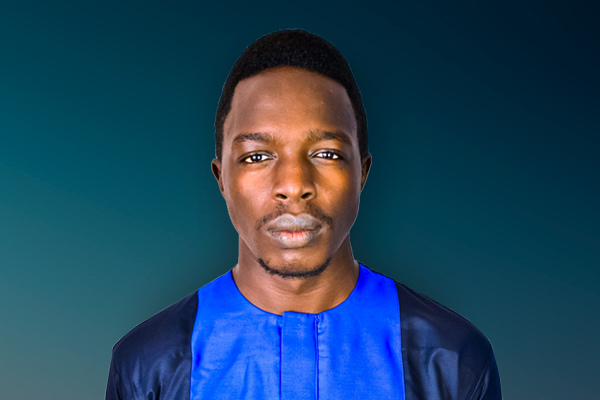My name is Joel and I’m from Norwich, in the UK. For 30 years, I have lived with Psoriatic-associated Juvenile Idiopathic Arthritis, psoriasis and associated mental health comorbidities.
I'm sharing my story because growing up with arthritis, I never saw or heard from anyone whom I could relate to. The posters on the waiting room walls of people with arthritis didn't look like me, and my psoriasis was never considered a priority, despite how it made me feel. Nobody asked what mattered to me. Nobody asked how I felt.
26 June 2025
How I found my voice
In my first video, I share my journey of living with Juvenile Idiopathic Arthritis since childhood and later being diagnosed with psoriasis—conditions that have impacted not just my body, but also my mental health, confidence, and opportunities. For years, my voice was ignored in my own care, with key decisions made without my input—even during major life events like becoming a father. Now, by telling my story on camera, I’m advocating for patient partnership, the power of peer support, and the importance of seeing the whole person behind every diagnosis.
Transcript
I've lived with Juvenile Idiopathic Arthritis since childhood, a lifelong inflammatory condition that affects my knees, hips, spine, neck, feet and hands – and a few other things you won't find so easily in the textbooks: my mental health, my family, my confidence, my opportunities.
Despite spending months of my childhood in hospital and complaining about rashes, it wasn't until my mid-twenties that I was also diagnosed with psoriasis. I had waited years for an appointment that lasted less than five minutes; I never had a chance to ask questions or explain the impact on me. Nobody asked me what my priorities were.
I didn’t even know that my diagnosis had changed, were it not for a medical letter months later that copied me in by mistake.
As a child, people would talk to my parents as if I wasn’t even in the room, and now, as an adult, I still didn't have a voice.
I have faced significant stigma surrounding my psoriatic disease from the beginning.
Whenever I complained about my skin, I was told that my condition was simply "being a teenage boy," that it stemmed from "poor hygiene", and I should spend "longer in the shower", or that it "wasn't a priority" since I was in a wheelchair with my arthritis.
When I became a father in 2019, the very same month as my son’s arrival, my doctors changed my medication, without consultation or consideration for my circumstances, leading to me losing my mobility at the worst possible time. I made a promise that although I may not be able to change my experiences, I would do everything I could to improve the outcomes of those who come after - by sharing my story to promote the value of patients as partners in their care, the role of peer support and the vital importance of seeing the person behind the diagnosis in their ever-changing life journey with chronic illness.
Today, I have found my voice.
25 July 2025
The power of the collective voice
In this episode, I talk about how that realisation led me to build platforms, communities, and conversations that go far beyond my own experience—connecting people across the world through podcasts, livestreams, and peer support. From facing my fears of being on camera to co-founding Psoriatic Disease UK, this journey has shown me the power of collective voices—and the change we can create when we lift each other up.
Transcript
Sharing my story was an empowering experience. It not only gave me an outlet, a new way to cope with my ever-changing dynamic disability, but it also gave me a sense of purpose, allowing me to help others where I perhaps could not change my own situation or circumstances.
However, I quickly realised that my voice and my story were only one experience, and there were only so many ways I could share it before the message and the energy, as well as the personal sacrifice it took to keep telling it, grew tired and less impactful.
I noticed that we, as a psoriatic disease and arthritis community, shared many common challenges. As my advocacy took me around the world, I learnt how access to treatment and stigma are experienced differently, depending on different regions, cultures and belief systems, and I felt the need to broaden my advocacy efforts beyond my personal experiences.
As I welcomed 2021, I turned my attention to creating spaces, platforms, and peer support communities where people from around the world could share their stories—to give them a voice and amplify their pain points and priorities.
I used what was available to me and wherever I saw a need. Although I was terrified of being in front of a camera or microphone, I began using my creative, storytelling, and community-building skills to start a podcast, a live YouTube talk show, and even streamed computer games on Twitch, all to start conversations, provide peer support, and raise awareness—reaching people who are often underserved by traditional support systems by meeting them where they are, regardless of location or borders.
These endeavours have presented me with opportunities to not only meet inspiring individuals who continuously develop, inform and challenge my own advocacy efforts, but have also allowed me to share a stage with global policy makers, leading dermatologists and attend UK Government roundtables to help shape national disability policy – all because I went Live, shared, and most importantly, passed the microphone on and listened.
This community and the connections I made would go on to found the nonprofit Psoriatic Disease UK alongside me, demonstrating the profound impact that peer support communities can have when they mobilise and unite for a shared goal.
I look forward to sharing our call for action with you in my next entry.
29 August 2025
The mental burden of psoriatic disease
In this entry, my advocacy reaches new heights, as I arrive at EADV, Europe's premier Dermatology gathering, in Paris to exhibit on behalf of Psoriatic Disease UK for the first time on the international stage. I share my call to action, which is the acknowledgement of the mental burden of psoriatic disease and try to encourage you to talk about your experiences as others.
Transcript
So what started as one person sharing their story and going on to share the stories of others, and in time create a nonprofit patient organisation has ended up here, at EADV in Paris, which is the premier gathering in Europe for dermatologists and skin health discussion. And we're here to deliver our call to action, which is to acknowledge the mental health burden of psoriatic disease. We will be talking to policy makers, decision makers, industry. We will be on a booth every day in the patient organisation area and having lots of informal discussions as well to try and get across that message that mental health and the burden it has on people with psoriatic disease is an unmet need. And it's not just an issue for the person living with the condition; it's for the caregivers, the family members, all those people around the person with the diagnosis are impacted. And the sooner we acknowledge that and welcome and invite patients and people living with the condition’s experience to hear their stories, to give them a seat at the table in these discussions, to not just make them a passenger in their care, but actually have a hand on the wheel and be partners in their care with shared decision making, co-creation. Only then can we address that unmet need of the mental health burden of psoriatic disease. So that's what we're here to do this week. I look forward to bringing you shots of me busy in my work.
The important thing as well to share here, firstly, thank you for following my journey through these diary entries, but it was really important to me when we started this project that I wanted people to see that your story has power, that it doesn't matter if you're one person sharing your lived experience, sharing your pain points, sharing your priorities has real impact and real power, and I hope that somebody out there watches how I've gone from being very shy and cautious, and it wasn't natural for me to share my story. It's not natural to be doing this on camera, and it kind of morphed and turned and got momentum and become something much more and turned into a community, not just like an individual's experience, but it all started with just my story. Right? So if one person watching these diaries can see the journey that I've been on and feel inspired to start sharing their experience, whether that's picking up a pen, starting a blog, you don't need to be doing it at this level. This is very daunting and a culmination of years and years of work.
Just share. Even if you just turn to the person next to you at work and start sharing your experience, That way we reduce the stigma, but also we start conversations. And ultimately, that is where the real power lies. Thank you so much for following my journey, and, I really appreciate you listening.
NCD Diaries
I use my story and advocacy to start conversations to change lives.
Joel Nelson, lived experience of multiple chronic conditions, United Kingdom
About NCD DIARIES
The NCD Diaries use rich and immersive multimedia approaches to share lived experiences to drive change, using a public narrative framework.

